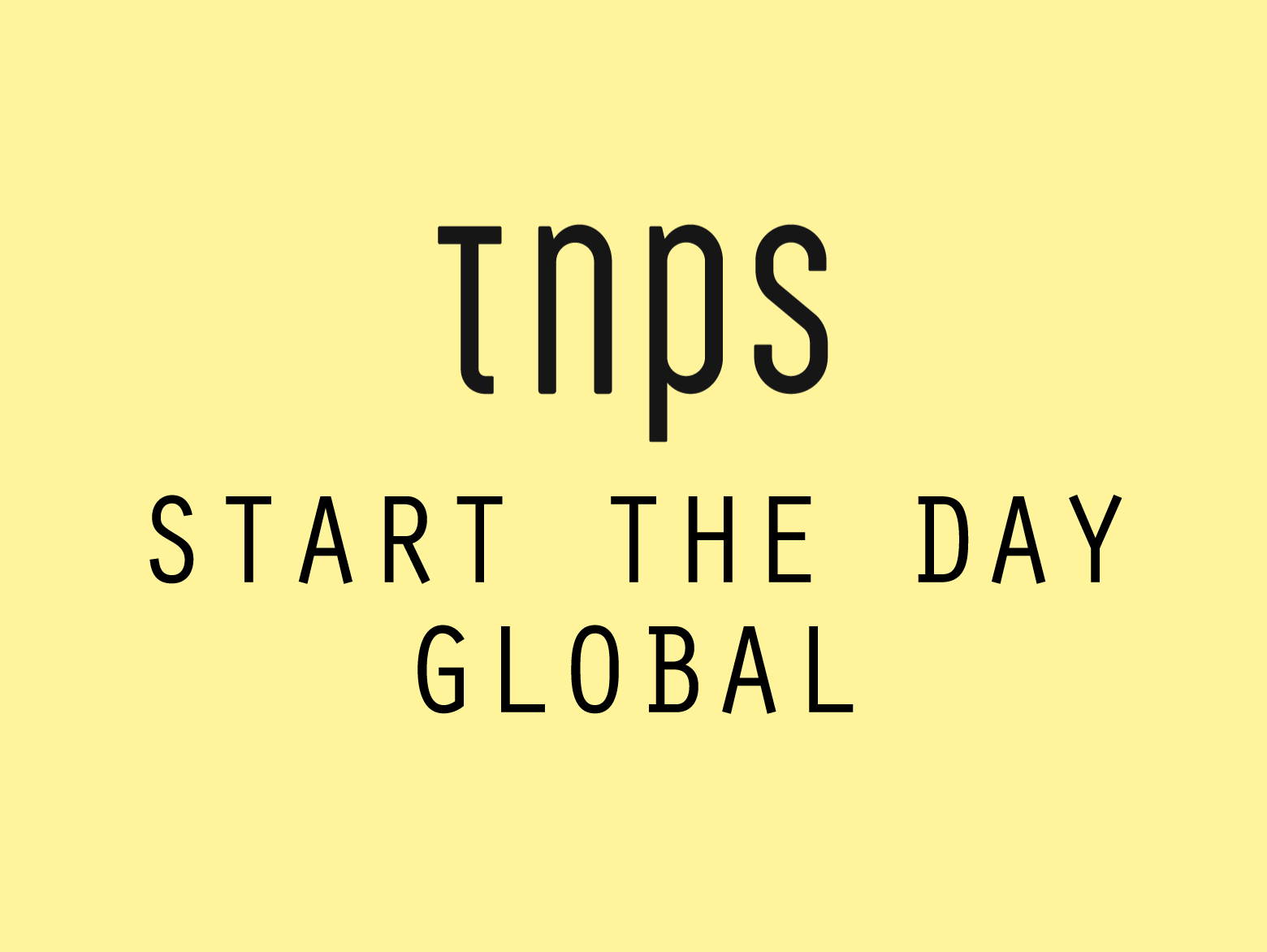We might want to show children how that tablet or smartphone in their hands can be their own personal library holding any number of books across any number of genres, ready to ready at any time, any place, anywhere.
“Once upon a time,” writes Daniel Ighapke over at This Day Live, “Nigeria paraded the best set of authors and publishers in Africa. Now, however, the rich literacy history the country was famous for is gradually being eroded. A new type of reading problem is sweeping our country. It is called Aliteracy. Aliteracy is defined as the quality or state of being able to read but being uninterested in doing so.”
Ighapke submits several candidates to take the blame for this state of affairs, some of which are valid, others simply mindless.
“The downturn in reading and book readership actually has a global dimension, especially given the onslaught of the digital revolution. Globally, the influence of new technology has altered the disposition to reading.”
Really? yet we only need to turn to the largest book markets on the planet to see that is totally not the case. Where digital reading options are available reading is soaring.
But of course that doesn’t count. Reading has to be done by holding a paper and ink printed book or its not reading. Audiobooks and ebooks? Satan’s spawn!
Ighapke asks, “Why is reading important, and what benefits come from developing a good reading habit? Reading is the key to unlocking many kinds of knowledge, skills and enjoyment. Reading stimulates the imagination, develops verbal skills by helping us build up a good vocabulary, and reading also promotes the fine, godly quality of patience. Also, studies have shown that there is an almost symbiotic relationship between reading and intelligence. The analytical skills that provide the ability to understand issues and solve problems are the product of intensive reading.”
No, wait. Ighapke isn’t finished:
“Reading regularly is also a way to mental health, which enhances emotional intelligence, helps with self-awareness, empathy, social skills and managing relationships more effectively. Reading also provides a therapeutic effect and inner tranquility, while also slowing mental decline. Thus, the relationship between reading, knowledge acquisition, intelligence and personal development is crucial for economic and social development. A critical mode of thinking is lost in the absence of reading.”
Okay, so we can agree with Ighapke that reading is pretty cool.
But we come back to the same luddite mentality here, that defines reading as something that only happen when words are printed on paper.
Rants Ighapke, “To improve the reading culture among young ones, more books should be procured for children than smart phones and tablets. Nigerian homes need to be fitted with more bookshelves and bookcases than flat screen TVs and laptops.”
Or just maybe we might want to show children how books can be downloaded and read on these same smartphones, tablets and laptops, sometimes far less expensively than for the same title in print.
We might want to show children how that tablet or smartphone in their hands can be their own personal library holding any number of books across any number of genres, ready to ready at any time, any place, anywhere.
But why would we want to embrace technology and move the country forward when we can hide behind Luddite kneejerk responses and ensure the Nigerian publishing industry (repeat for any number of other developing markets) remains strapped securely into the last century’s publishing straightjacket.
#Nigeriabookmarket #Nigeriapublishing #Africapublishing





